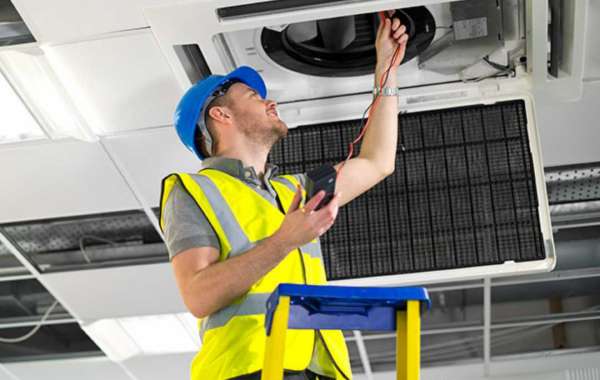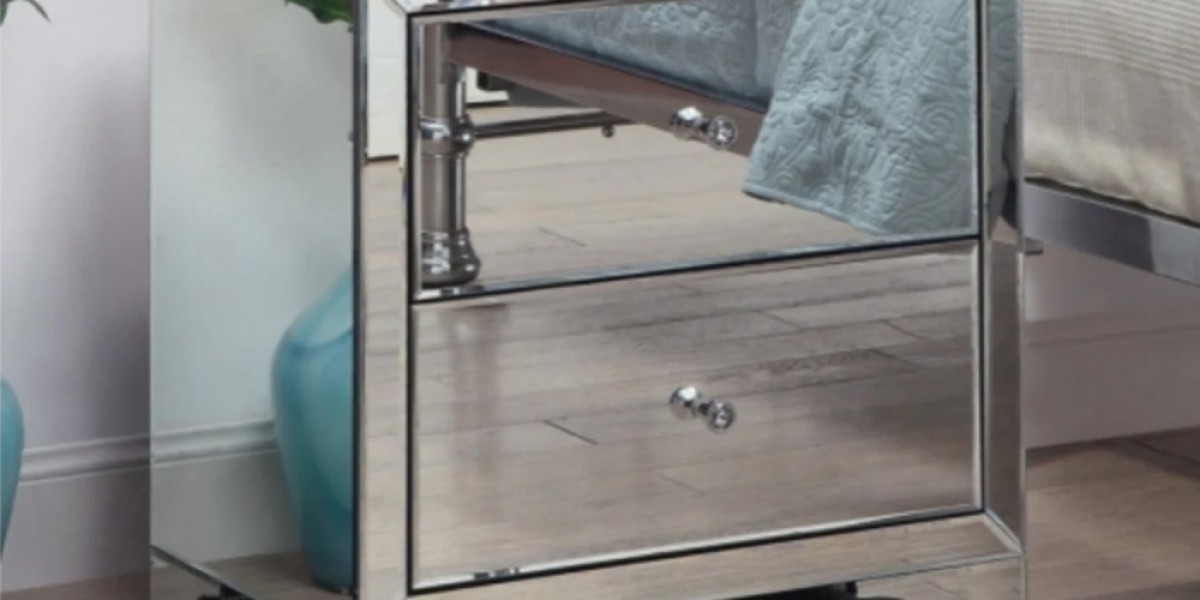Your home's HVAC (Heating, Ventilation, and Air Conditioning) system plays a vital role in maintaining your comfort throughout the year. Over time, however, even the most well-maintained HVAC systems will reach the end of their lifespan, leading to decreased efficiency, rising energy bills, and compromised comfort. HVAC replacement becomes an essential consideration to ensure optimal performance and indoor comfort. In this comprehensive guide, we'll explore the key factors to consider when deciding on an HVAC replacement.
Signs it's Time to Replace
Recognizing the signs that your HVAC system needs replacement is crucial. Some common indicators include:
Age: HVAC systems typically last around 15 to 20 years. If your system is approaching or exceeding this age range, replacement should be strongly considered.
Frequent Repairs: If your system requires constant repairs, it might be more cost-effective in the long run to invest in a new unit rather than continuously fixing an old one.
Increasing Energy Bills: As HVAC systems age, they become less efficient, causing energy bills to rise. Newer models are designed with energy efficiency in mind, resulting in potential savings.
Uneven Heating or Cooling: If some rooms in your home are significantly hotter or colder than others, your HVAC system might be struggling to distribute air evenly.
Loud Noises: Unusual noises, such as clanking or squealing, can indicate mechanical issues within the system.
Choosing the Right System When selecting a new HVAC system, you'll need to consider a few key factors:
Size: An appropriately sized system is critical for efficiency and comfort. A professional HVAC technician can perform a load calculation to determine the right size for your home.
Energy Efficiency: Look for systems with high SEER (Seasonal Energy Efficiency Ratio) ratings for air conditioners and high AFUE (Annual Fuel Utilization Efficiency) ratings for furnaces. Energy-efficient systems save money and reduce your carbon footprint.
Type of System: Consider the type of system that best suits your needs. Options include central air conditioning, heat pumps, ductless mini-splits, and more.
Professional Assessment
HVAC replacement is not a DIY project. It requires the expertise of a licensed HVAC technician. A professional can evaluate your home's specific needs, recommend the right system, and ensure proper installation. They will also consider factors like insulation, ductwork, and ventilation to ensure optimal performance.
Budget Considerations
While an HVAC replacement is an investment, it's essential to consider both upfront costs and long-term savings. Newer systems might have a higher initial cost but can lead to substantial energy savings over time. Additionally, research available rebates, incentives, and financing options to make the replacement more affordable.
Preparation for Installation
Before the installation day, clear the area around the HVAC system to allow technicians easy access. Communicate any specific concerns or preferences you have regarding the installation process.
Installation Process
The installation process involves removing the old system, installing the new unit, connecting it to the ductwork, and ensuring all components function correctly. Proper installation is crucial for optimal performance and efficiency.
Post-Installation Steps
After installation, work with the technician to test the system thoroughly and address any concerns. They can also provide guidance on regular maintenance to prolong the lifespan of your new HVAC system.
Improved Comfort: A new system provides better temperature control and even distribution of air, enhancing your indoor comfort.
Energy Efficiency: Modern systems are designed with energy efficiency in mind, leading to reduced energy consumption and lower bills.
Environmental Impact: Energy-efficient systems are gentler on the environment, contributing to a smaller carbon footprint.
Increased Home Value: Upgrading to a new HVAC system can add value to your home, making it more appealing to potential buyers if you decide to sell.
Peace of Mind: A new HVAC system comes with warranties, ensuring that you're covered if any issues arise.










